
The perilous whaling expedition depicted in In the Heart of the Sea may appear astonishing to contemporary viewers, as whaling is a deeply contentious practice today. However, during the 19th century, whale oil was immensely valuable, prompting sailors to brave grave dangers in pursuit of it. This film features an ensemble cast and narrates the harrowing tale of the whaling ship, The Essex, whose tragic fate inspired Herman Melville’s iconic novel, Moby Dick. Starring Chris Hemsworth as first mate Owen Chase, the film showcases one of his standout performances.
The character of Owen Chase is rooted in reality, much like many other figures in In the Heart of the Sea. The story is primarily narrated by Thomas Nickerson, a cabin boy who was the youngest survivor of the shipwreck. While the screenplay employs dramatic embellishments to heighten tension among the characters, it fundamentally addresses the historical realities of the whaling industry. The pursuit of whales was fraught with peril; sailors confronted both the formidable whales defending themselves and rival crews eager to claim their prize.
The Process of Whale Oil Extraction
The Perils of Whaling Beyond Shipwrecks
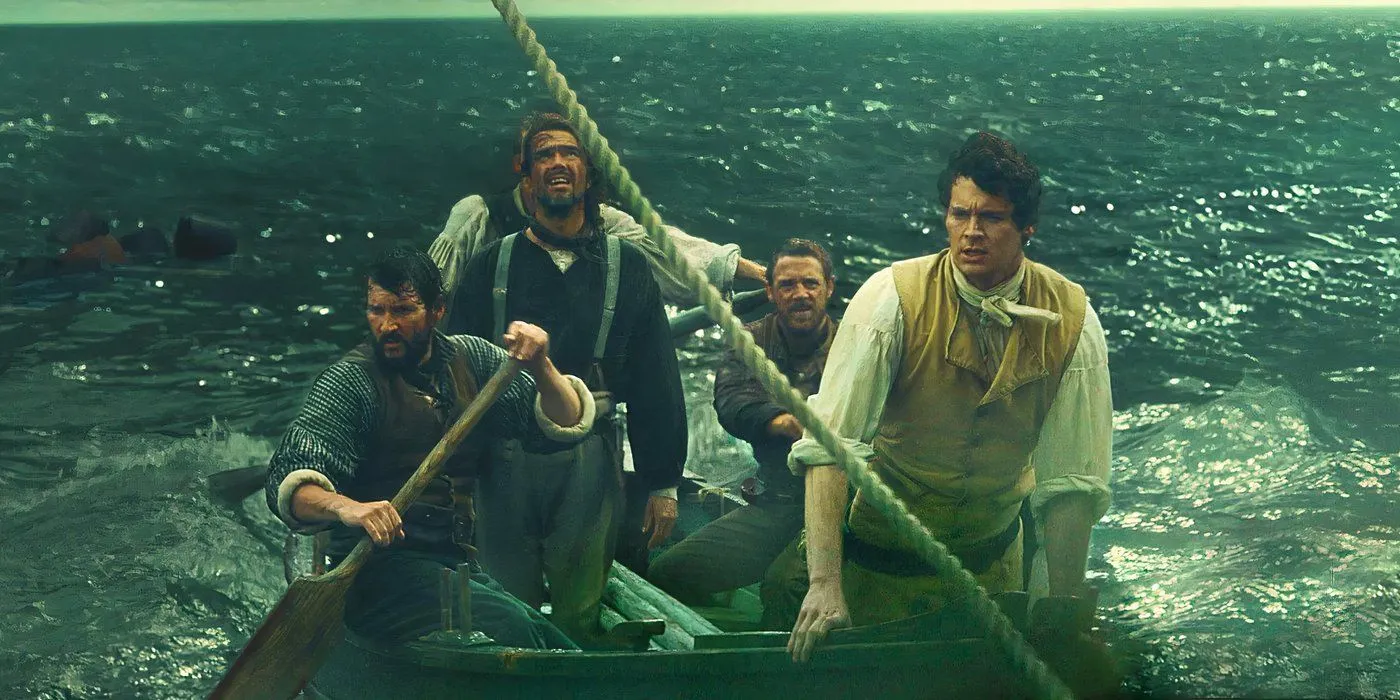
Whalers embarked on voyages equipped with lookouts to spot whales. Upon harpooning a whale, the crew meticulously stripped the blubber from its body while still at sea. The blubber was then boiled in specialized onboard furnaces to extract oil, which was collected for future sale. In the Heart of the Sea explores elements of this oil-extraction process, while primarily focusing on the significant risks involved in whaling.
The high profitability of whaling was illustrated by the fact that all eight survivors of The Essex returned to the profession after their ordeal.
The narrative of In the Heart of the Sea lays bare the dangers associated with whaling, notably the threat posed by sharks that swarmed around whale carcasses, potentially compromising the already precarious situation for sailors who risked falling overboard. Moreover, surviving crew members resorted to desperate measures, including cannibalism, in their fight for survival. Nonetheless, the lucrative nature of whaling compelled them back to the industry post-recovery.
The Value and Uses of Whale Oil
A Haunting Conclusion in In The Heart Of The Sea
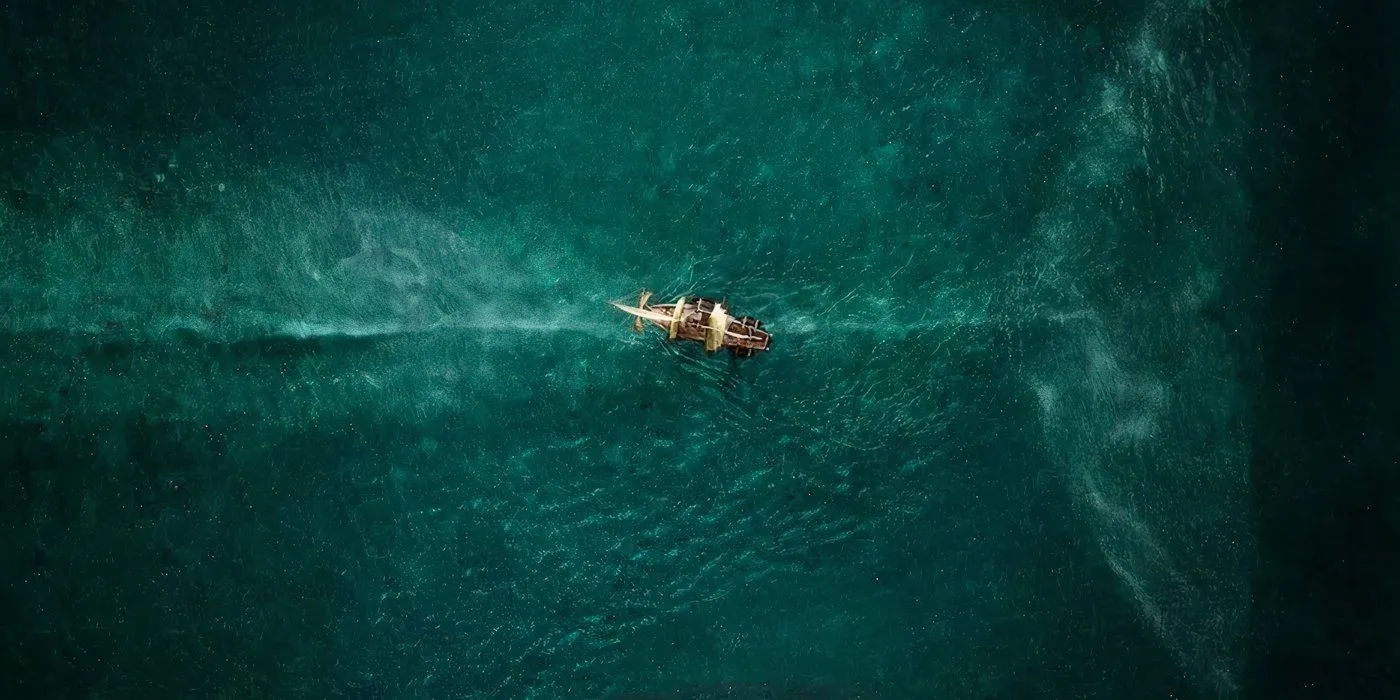
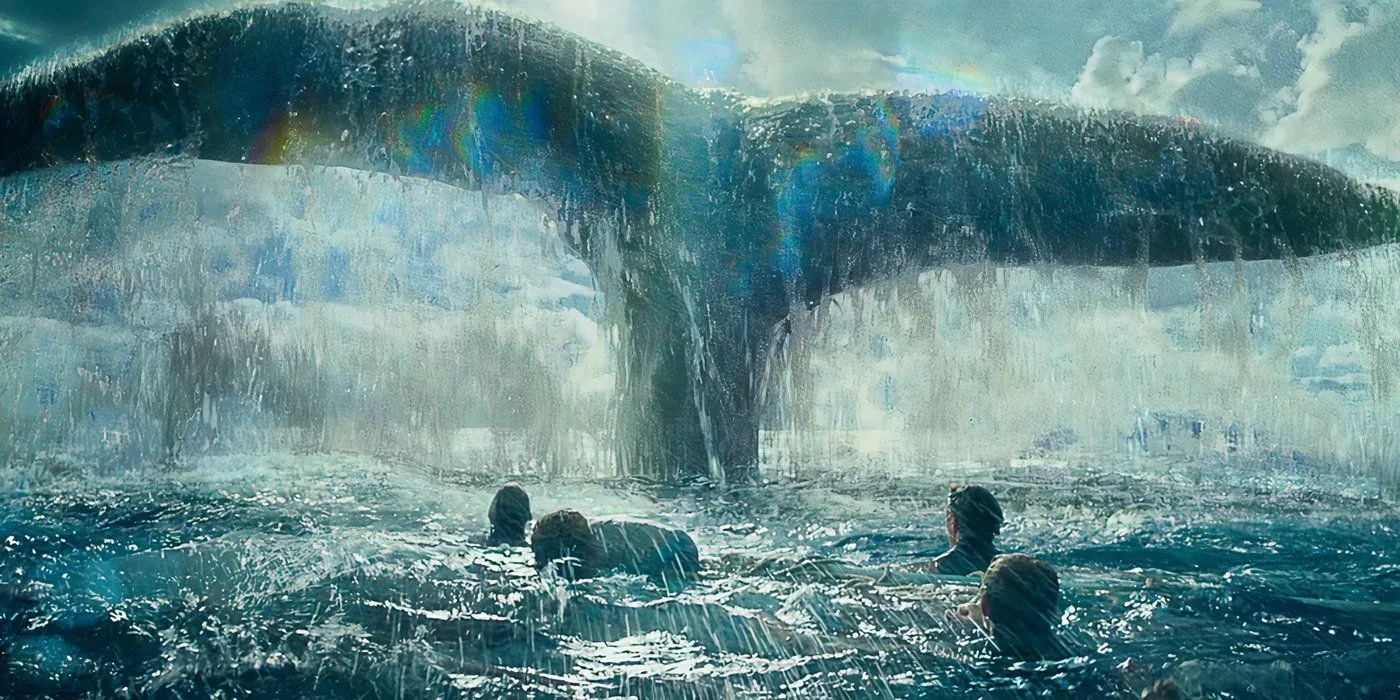
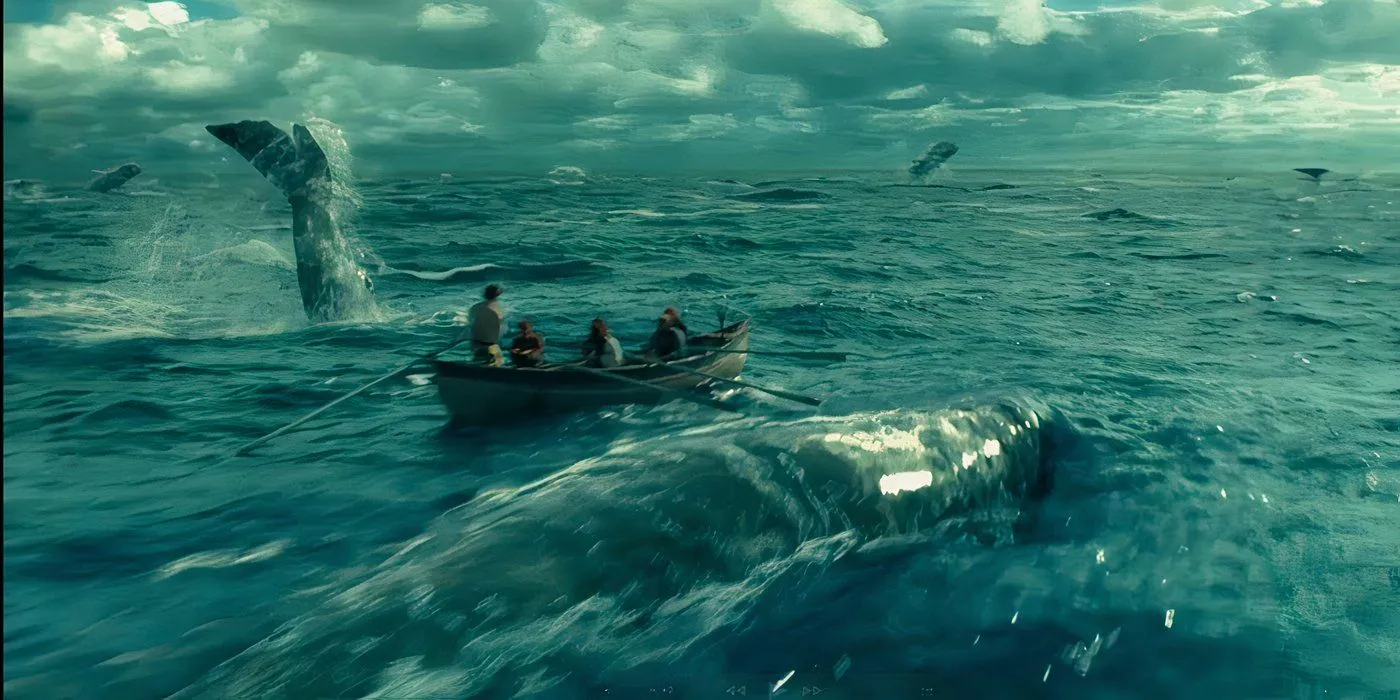
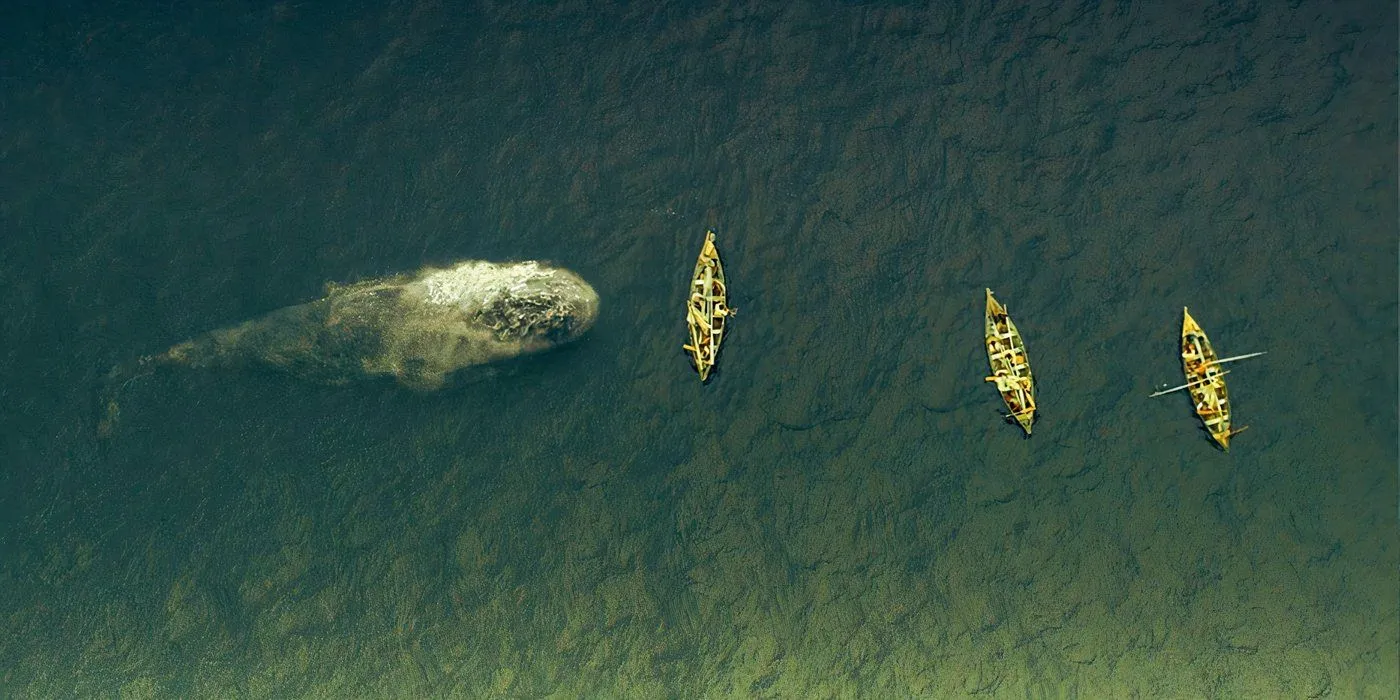

In the world of In the Heart of the Sea, whale oil was indispensable, fueling everything from soap manufacturing to the lubrication of machinery and lighting for homes. This insatiable demand rendered whaling expeditions incredibly profitable, with potential hauls amounting to $35,000. As noted by Herman Melville, “Since it was discovered that whale oil could light our cities in ways never achieved before, it created global demand. It has pushed man to venture further and further into the deep blue unknown.”
Today, while whaling has been largely abolished and the reliance on whale oil has ceased, modern civilization continues to grapple with oil—from the earth itself. In a poignant moment towards the film’s conclusion, Melville relays Nickerson’s astonished response to news of oil being discovered underground: “Oil from the ground! Fancy that.”Although this statement seems hopeful to the characters, it ominously foreshadows the complications tied to oil in contemporary society, mirroring the film’s darker themes.




Leave a Reply ▼